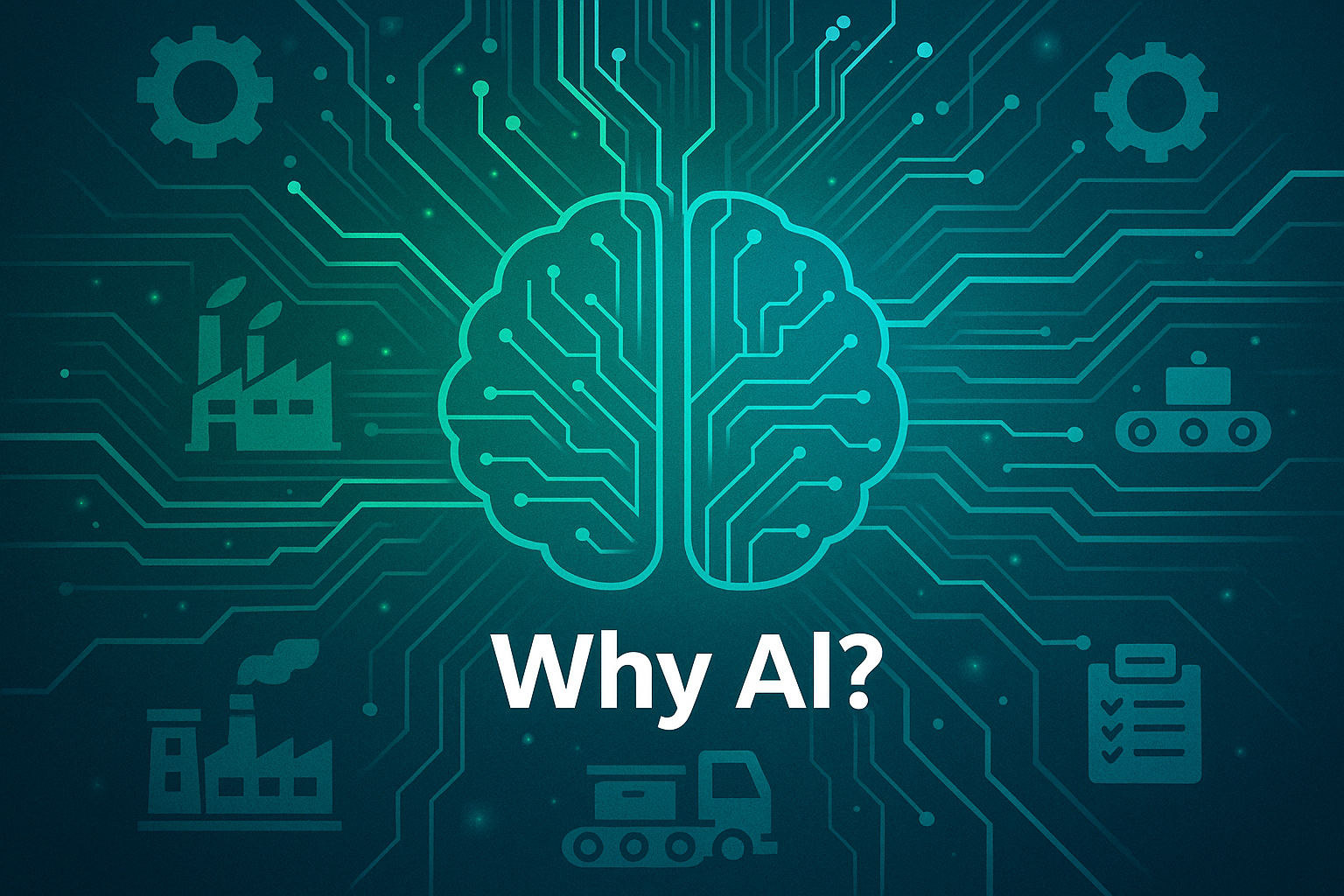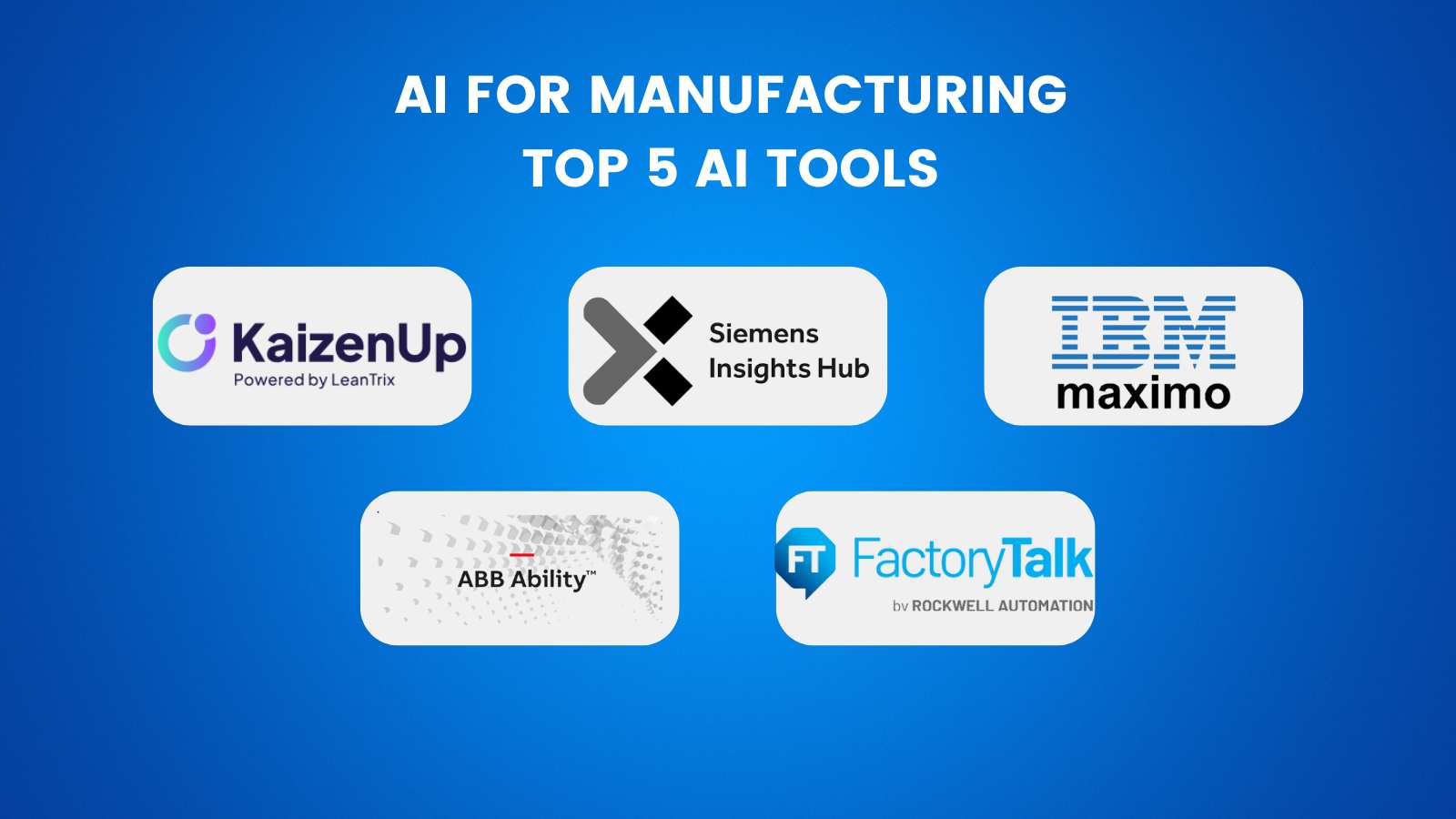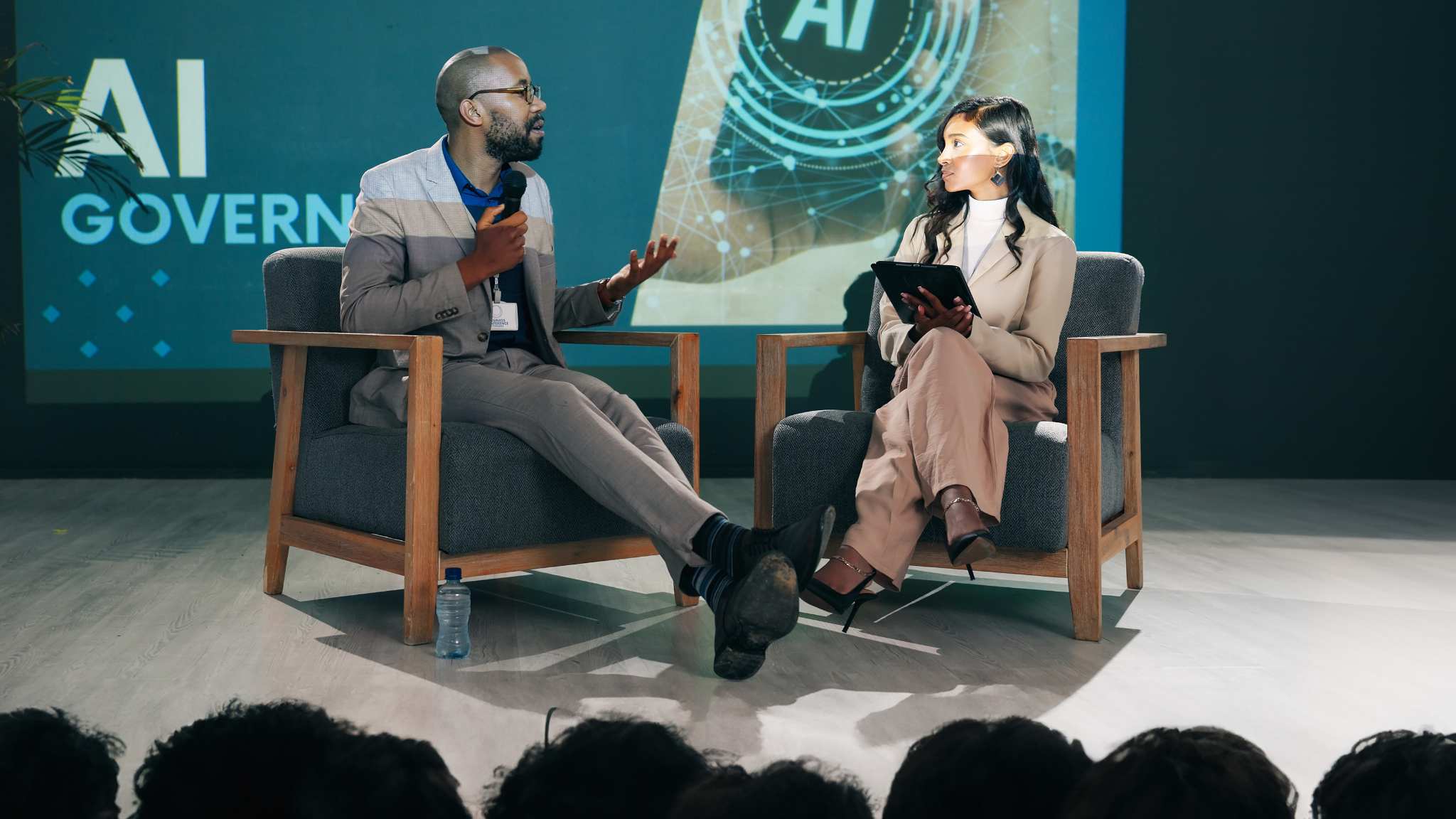Blockchain and Web3 technologies are transforming various industries, and sustainability is no exception. These emerging technologies hold the potential to address critical global challenges, particularly those related to environmental, social, and governance (ESG) initiatives. Sustainability initiatives are essential to securing the future of our planet, but centralized control has limited their effectiveness. The decentralized nature of Blockchain and Web3 provides a new way to approach these challenges and create more impactful solutions.
Table of Contents
ToggleThe Limitations of Centralized Sustainability Efforts
Despite significant investments, many sustainability projects led by governments and corporations have struggled to achieve meaningful results. This is largely due to their centralized structures. Centralized sustainability initiatives often encounter several key issues:
- Limited stakeholder involvement: Centralized efforts typically focus on a small group of stakeholders, excluding the diversity of perspectives needed to create holistic solutions.
- Narrow perspectives: Without broad participation, these projects fail to account for the complexity and global scope of sustainability challenges.
- Overly local scope: Many initiatives focus on local or regional issues, missing opportunities for global collaboration and impact.
- Top-down governance: Centralized projects often rely on decisions made by a select few, ignoring the voices of those most affected by sustainability issues.
- Corporate agendas: Frequently, the focus is on corporate objectives, such as marketing or financial gains, rather than broader societal benefits.
Why Blockchain and Web3 are the Future of Sustainability
While Blockchain and Web 3.0 technologies alone won’t solve these problems, their decentralized foundations offer a new approach to designing ecosystems, incentives, and governance structures. By leveraging decentralization, Blockchain and Web3 can foster more inclusive, transparent, and effective sustainability efforts.
A Blockchain and Web 3.0 approach enables open ecosystems where stakeholders from different sectors and regions can collaborate more freely. This creates an environment that encourages innovation, promotes diverse perspectives, and develops robust solutions that address global sustainability challenges.
Key Benefits of Blockchain and Web3 for Sustainability:
- Inclusive participation: Decentralized platforms powered by Blockchain and Web 3.0 allow for greater stakeholder involvement, ensuring that more voices are heard and considered.
- Transparency: Blockchain’s transparent, immutable ledger ensures that sustainability efforts remain accountable and free from corruption or manipulation.
- Incentives for collaboration: Blockchain and Web 3.0 systems provide participants with rewards, such as tokens or governance rights, for their contributions to sustainability efforts.
- Global scope: Blockchain and Web 3.0 technologies enable solutions that transcend borders, encouraging a global approach to sustainability challenges.
Rejolut’s Report: Blockchain and Web3 Insights for Sustainability
The Blockchain and Web3 revolution is gaining momentum, and the team at Rejolut has released a comprehensive report detailing how these technologies can support sustainability initiatives and the achievement of Sustainable Development Goals (SDGs).
Key Topics Covered in the Report:
- Overview of Sustainable Development Goals (SDGs): A comprehensive explanation of SDGs and how Blockchain and Web3 technologies can align with these goals for maximum impact.
- Blockchain’s Role in Enabling SDGs: Discover how Blockchain and Web3 technologies are transforming sustainability practices, enabling decentralized solutions to global challenges.
- Environmental, Social, and Governance (ESG) Framework for Sustainability: Learn how Blockchain and Web3 can enhance the ESG model, making sustainability efforts more accountable, measurable, and effective.
- Blockchain and Environmental Sustainability: Explore how Blockchain and Web3 are being used for environmental sustainability, from renewable energy tracking to carbon credit management.
- Blockchain and Social Sustainability: Understand how decentralized systems powered by Blockchain and Web3 promote social equality by ensuring equitable access to resources and services.
- Blockchain and Governance Sustainability: Learn how Blockchain and Web3 technologies can improve governance structures, creating more transparent and accountable sustainability initiatives.
- ESG Reporting and Blockchain: Blockchain’s immutable ledger ensures accurate and transparent reporting of ESG metrics, making sustainability reporting more reliable and trustworthy.
- Carbon Credits and Marketplaces: The report highlights how Blockchain and Web3 technologies are revolutionizing carbon credit markets, offering new ways to track and trade carbon emissions effectively.
The Future of Blockchain and Web3 in Sustainability
The global challenges we face today demand innovative solutions, and Blockchain and Web 3.0 technologies offer exactly that. By decentralizing control, fostering collaboration, and providing transparent governance, Blockchain and Web 3.0 have the potential to make sustainability initiatives more inclusive, impactful, and scalable.
Final Thoughts
The decentralized nature of Blockchain and Web 3.0 offers unique opportunities for advancing sustainability and achieving SDG goals. As we continue to explore these technologies, it is clear that they provide a promising path forward for addressing global environmental, social, and governance challenges.
Whether you’re a business leader, policy-maker, or sustainability advocate, understanding how Blockchain and Web3 can transform sustainability efforts is essential. By leveraging these technologies, we can create a more sustainable and equitable future.
Working across multiple aspects of Blockchain and Web3 technologies since 2016; He has helped large organizations and start-ups to harness the benefits of using decentralized technologies to create commercially viable businesses and digital transformations. He has experience in leading and scaling large ecosystem and delivery teams to bring Blockchain-enabled platforms into production.







